NAS Drive Vs ElephantDrive for your Cloud Storage
For many of us that have been using third-party cloud providers such as Elephant Drive for the synchronisation, backup and anywhere-access of data, the idea of switching to a network attached storage device can be intimidated. The fact that Elephant Drive gives you access via your web browser, via a mobile phone app and even a downloadable desktop client application for PC/Mac has largely become invaluable to many. With NAS still being a largely new idea for many users, lots of cloud users want to know how NAS compares with Elephant Drive on all these points and more. With NAS promising that it can do almost everything that a third party cloud like Elephant Drive can do and even more, it is certainly appealing. So today I want to compare the NAS private cloud vs the Elephant Drive third-party cloud.
| Advantages of Elephant Drive |
Advantages of NAS |
| Low Initial Price and Fast Setup |
Higher start up cost but lower cost over time |
| Easy Internet Access |
Internet AND Network Access |
| Data is Backed up in multiple locations |
NAS, Cloud, USB Backup and RAID Protection |
| Extra Storage can be added in minutes (extra cost) |
Hard Drives can be added/upgraded |
|
Bespoke Protection Options |
|
Direct Access via USB, Thunderbolt, IR Remote and HDMI |
NAS Drive Vs Elephant Drive – Accessing your files over the Internet
The ElephantDrive cloud platform can be accessed in a number of ways and it is designed to benefit all different kinds of cloud data needs
The easiest is using the Elephant Drive browser-based access. Just head to their own website and log in. Once you do so, you are presented with a folder structure and your files, as well as an allocated amount of capacity. This will differ depending on if you are using a free subscription or a paid monthly capacity subscription.
If you wish to access your Elephant Drive cloud platform via mobile you can head over to the app store or Amazon play and download the Tesco mobile application. This is a much more mobile-friendly means to access your Elephant Drive cloud-based files, as well as upload and download files as needed on the go.
For Windows and PC desktop users, there is a local folder synchronisation option with Elephant Drive and this will enable you to create an entire folder structure on your local PC or Mac that is live and synchronised with your Elephant Drive cloud storage. This is great for both backups and for team activities where a single Drive is accessed and contributed to by many users at any given time.
For a a NAS, things are very similar – but BETTER! A common misconception of network attached storage is that it can only be accessed over your network, howev,er this is completely untrue and indeed all NAS drives supply you with many easy ways with which you can access your NAS data via the internet.
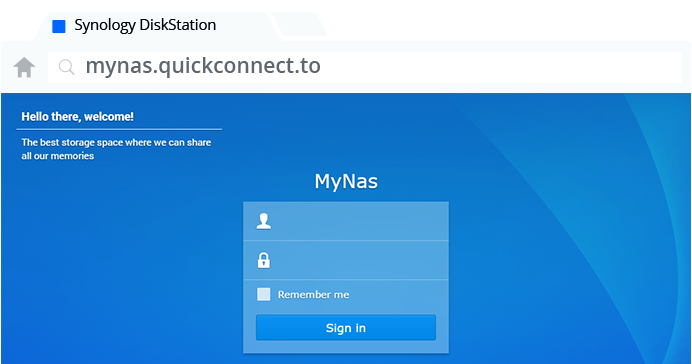
This is the first big difference between NAS and Elephant Drive because ultimately Elephant Drive and all third party Cloud services rely on internet connectivity and the upload limit, download limit and bandwidth that you have at any given time will dictate your overall speeds. All too often Internet Service Providers (ISPs) promise insane download speeds but rarely mention upload speeds. Whereas a NAS can use/be access by the internet or your network to allow you to upload/download the files you have stored and for people that want to access files from a home or office environment, the network access will be considerably faster and considerably more stable. This is ESPECIALLY relevant to media playback!
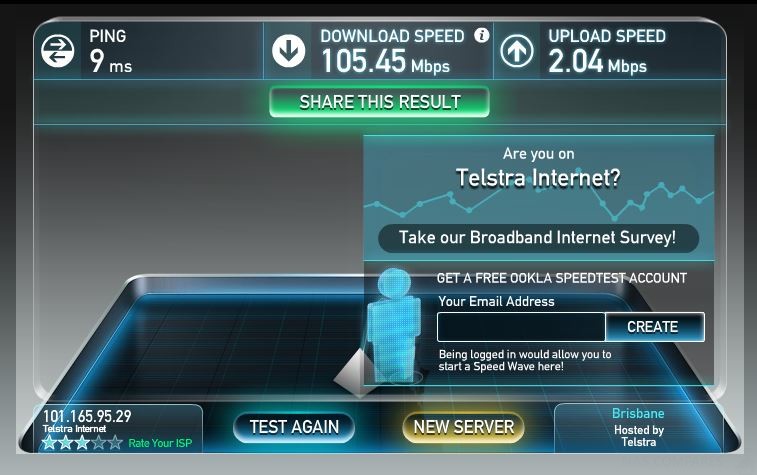
Much like Elephant Drive, a NAS has the same means of accessing your files (browser, desktop, mobile) only much, much better. Just like the Elephant Drive platform you have browser user interface that is compatible with Amazon Chrome, Mozilla, Safari, etc that is used for network/internet access. There are multiple mobile applications for Android and iOS and local client applications that you can isntall on local PC/Mac systems for more tailored file access/synchronization.
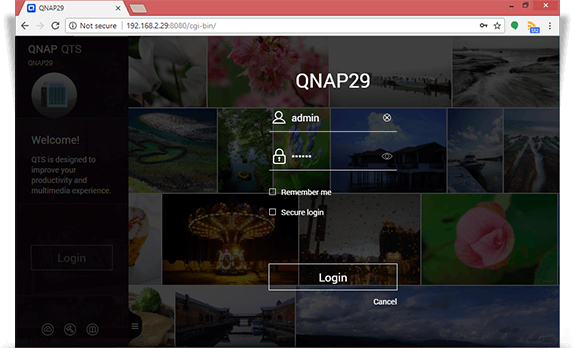
For a start, the browser-based access doesn’t just give you access to your files, but in fact, give you access to an entire desktop environment that lets you browse folders and files, run a plethora of network applications similar to that which you would find in a desktop PC and provide multiple user access. These software and file advantages are made available to you via a user-friendly and intuitive graphical user interface (GUI) and there has still yet to be any cloud provider (let alone Elephant Drive) that gives you this level of access.
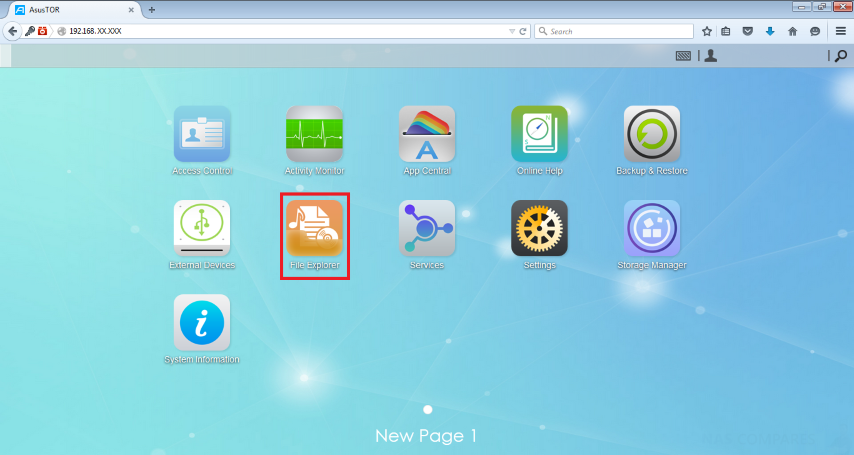
NAS drives also feature mobile phone access, but unlike the one or two apps that are provided by Elephant Drive, via a NAS there are around 10 to 20 applications for iOS and Android. What makes the difference is that these apps are genuinely tailored towards specific kinds of access. The Elephant Drive app give you the ability to access a file explorer (for file management) as well as a backup tool (for backing up your mobile device as needed), a Photography tool (for managing portfolios and hundreds of albums), a Music application (featuring playlists, smart lists, etc) and Video apps that are tailored for enjoying visual media.
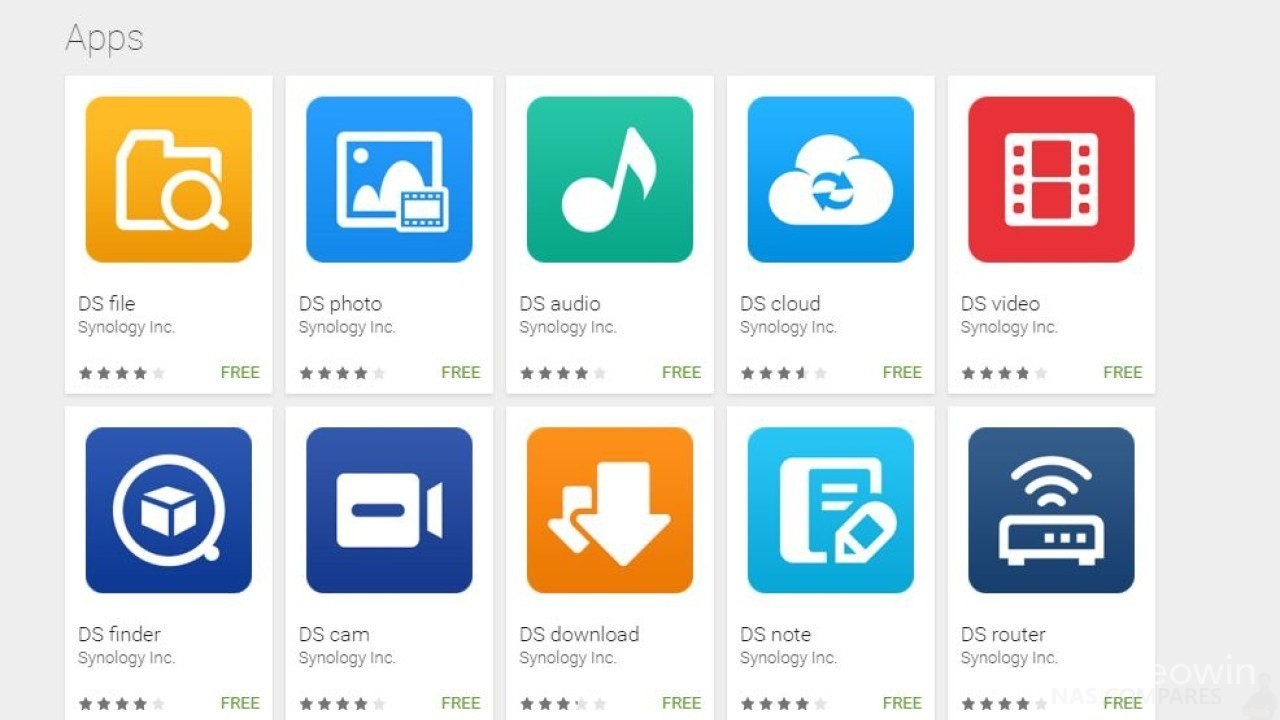
The key point here is that a NAS provides the same file explorer and backup app options as Elephant Drive, but also dedicated applications that are designed to be attractive/usable to different storage users. THis is combined with hundreds on applications that you can install DIRECTLY on the NAS device and access via the web browser, mobile phone and client applications – Surveillance cameras, Virtual Machines, CRM and CMS systems and more!
Finally the NAS, much like Elephant Drive, arrives with desktop client software that you can download to create synchronised cloud folders and desktop tools for Windows and Mac, too action backups to your cloud platform. However it does not stop there and in fact, NAS gives you the ability to run bespoke applications on your PC/Mac desktop, whilst the files and assets are on the NAS. There are numerous photography and surveillance applications that you can run on your PC/Mac to that upload and download all necessary data to/from your NAS.
Once again, this is all done either via the internet or over your network – YOU CAN CHOOSE! Network access to your NAS is immediate and available straight away from the set-up. For security reasons, setting up internet access needs to be activated once you have logged into the device for the first time and is enabled via the control panel.
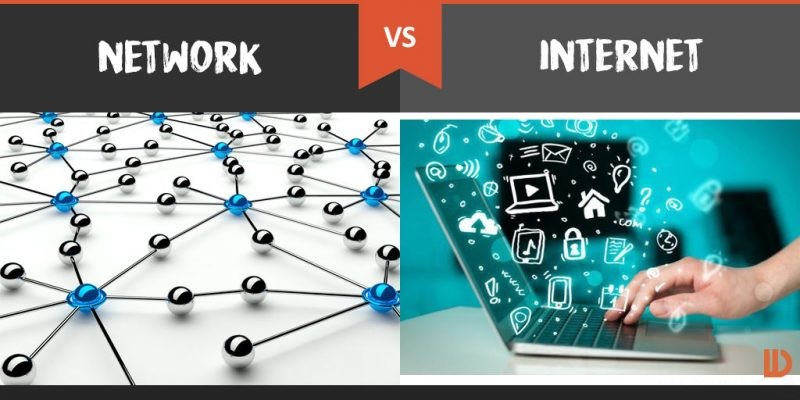
Internet access is kept safe and secure with a combination of their own NAS domain support and simply requires you to create a free account and to link your NAS with that account for the first time. From that point on you can access the NAS via the network/internet/mobile/anywhere in the world with just your login and password! What gives NAS an advantage over Elephant Drive, is that NAS features 2 step verification, unique AES-256bit encryption both locally and over the internet and (most importantly of all) a NAS can be access by HUNDREDS of users, each with their own login credentials, quota of storage space, completely controllable file access privileges and at NO ADDITIONAL COST. per users – just set it up and practically unlimited users. Whereas most cloud services like Elephant Drive only give you ONE login and support only 1 user. That user can share files (send links etc) but ultimately there is one user who can access the Elephant Drive account and typically you can only synchronize 1 PC and 1-2 Mobile devices to an account.
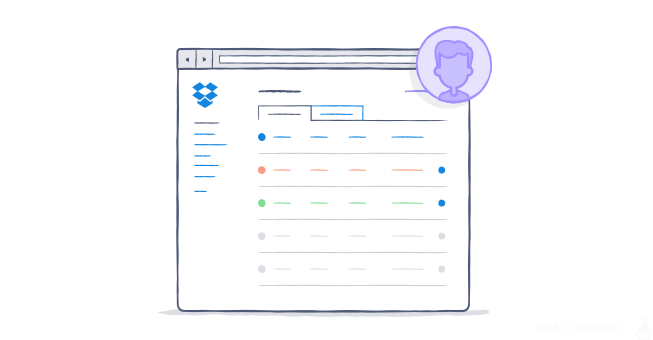
Ultimately, there is no denying how easy Elephant Drive is to access, but with near identical access, as well as vastly more choice, in NAS access, it is the better of the two. You will just need an extra few minutes to adjust drop Elephant Drive UI to NAS GUI.
NAS Drive Vs Elephant Drive – Price
One of the most debated points when comparing Elephant Drive with buying a NAS is the price. Elephant Drive is very, very affordable in the short term. Whereas a brand new NAS and Drives will cost you a few hundred pounds, depending on your capacity needs. Below are the current subscriptions available for Free and Monthly fee from Elephant Drive:
Whereas even the lowest priced NAS with 1TB of storage (with a RAID to ensure hardware failure protection) will cost you at least £180 inc.VAT. This is a lot of money and unsurprisingly, many users immediately head towards to Elephant Drive and other cloud providers. HOWEVER, it is very, VERY important that you consider 2 main factors:
1. How long do you intend to use your cloud storage?
2, How much capacity do you plan on using whilst using your cloud storage?
These are key factors because 1, if you intend to use your cloud storage for more than 2 years, in almost every case you will spend more on a Elephant Drive Subscription in that time than the cost of a brand new NAS. Don’t believe me? See below:
| ElephantDrive
Subscription |
Price per Month |
2 Year Total |
QNAP Model – 50 USERS |
Synology Model – 50 USERS |
|
|
|
all inc. VAT |
all inc. VAT |
| Single Person 2GB = |
FREE |
Free |
|
|
| Single Person 1TB = |
£7.99 |
£191.76 |
£183 TS-228A + 2x Ironwolf 1TB (£99 + 42 x2) |
£216 DS216se + 2x Ironwolf 1TB (£132 + 42 x2) |
| Single Person 2TB = |
£34.99 |
£839.76 |
£379 TS-431P + 2x 2TB Ironwolf (£247 + £66 x2) |
£424 DS418j + 2x 2TB Ironwolf (£292 + £66 x2) |
| Business 5TB = |
£???? |
£???? |
£321 TS-231P + 2X Ironwolf 2TB (£172 + £66 x2) |
£304 DS218J + 2X Ironwolf 2TB (£172 + £66 x2) |
Also, remember that the Elephant Drive prices shown are for 1 Account, whilst the NAS will let you create countless users, each with their own login details. Additionally, what about after 2 years? What will you do with your data? If you close your Elephant Drive account, your data will be deleted and lost forever. SO, you are now forced to either continue to pay for your Elephant Drive subscription indefinitely – or Buy a NAS to store it on! So you might as well have bought a NAS at the beginning.
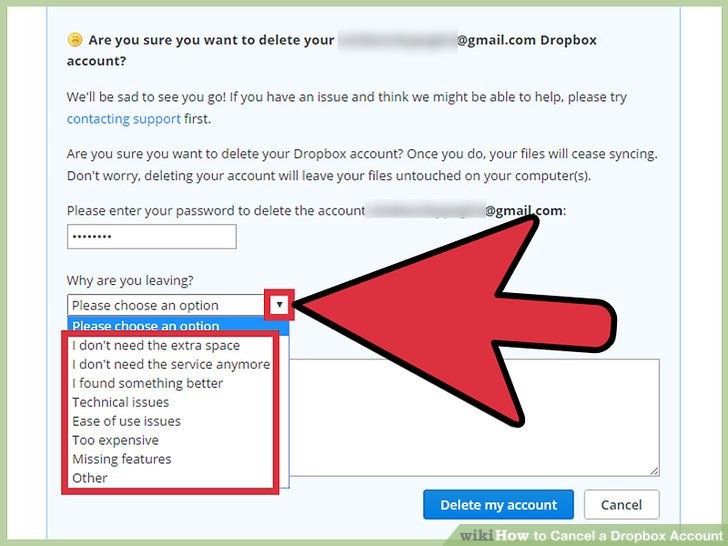
Lastly, the second point regarding max capacity. The more capacity you want for your Elephant Drive account, the more you will need to pay. This is fair but does lead to an unfortunate problem, what to do if you run out of space on your Elephant Drive. A NAS will let you change drives, add USB storage or even add more drives in available bays. Additionally, you can also purchase a NAS expansion device and add further storage that way. All the time you need to be aware that you are physically in possession of this hardware, all with a warranty of 2-5 years and everything is yours to do with as you want. With Elephant Drive, you are always using borrowed storage and if you want to add more storage, it is on Elephant Drive’ terms.
NAS Drive Vs Elephant Drive – Security and Data Safety
Whether your data is personal, business, mission-critical or just piles of memes, the safety and security of your data is paramount. Both NAS and Elephant Drive provide an extensive range of security measures. Also, big, big cloud providers like Elephant Drive have big server farms with many, many backups in place. NAS can offer you the ability to backup your NAS to a cloud service, a USB drive or another NAS, but cannot compete with Elephant Drive on the sheer depth of its backups, of backups, of backups! However, NAS arrives with numerous applications and programs to counter this, ranging from RAID configurations that protect yours from hardware failure, snapshot support to keep hundreds of versions of your data for restoration, anti-malware and anti-ransomware programs and more.
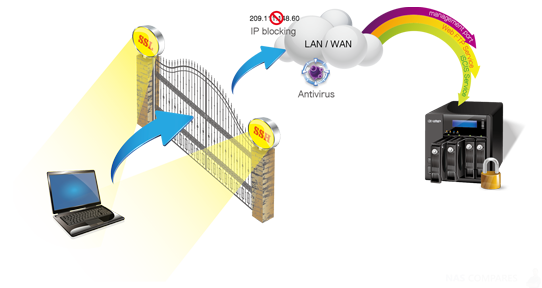
Cloud providors like Elephant Drive support many, many of these features, however it is worth highlighting that they have tiered their subscription packages to a point whereby on each subscription tier you have 25%, 50%, 75% and 100% of the features, depending on how much you are willing to pay – always for just a single user. Whereas NAS will give you ALL of these features, for ALL users straight away!
Perhaps one of the BIGGEST security advantages a NAS has is the simple ability to disconnect the NAS from the internet – physically, or via the NAS software. You cannot actually disconnect a Elephant Drive from the internet. Additionally, as you do not have the physical hard drives in your room, you have to trust the 3rd party cloud providor that your data is not being mined for information in any way.
Lastly, every single NAS that is setup uses systems of encryption, bespoke login and user credentials that will differ massively from user to user. I am not suggesting that a NAS cannot be hacked – BUT – I will say that given the uniformity of login for the majority of 3rd party cloud providers like Elephant Drive compared with the bespoke login nature of NAS, it does make Elephant Drive a bigger target for hackers.
NAS Drive Vs Elephant Drive – Conclusion
When it comes down to it, you need to choose which cloud option gives you the services you need. I still genuinely believe that NAS is much, much better value for money and gives you everything that a cloud service like Elephant Drive does, for far, far less money in the long run – but that is the point, the ‘long run’. If you are on a shoe-string budget and are looking for fast, cheap short term cloud storage, then Elephant Drive is a good choice. 3RD Party Cloud providers are a valuable service and indeed, using them as means to backup your NAS as a secondary backup (Synology, QNAP, Asustor etc all support 3rd party cloud migration), but as a primary means of cloud storage, I think Elephant Drive is a short-term answer. It gives you few options, is far less flexible and though a monthly fee of £9.99 seems low (especially compared with £199 to buy your own NAS) after using this service for a year or two, you are throwing money away and still need somewhere for your data to go if you ever choose to abandon your Elephant Drive account.
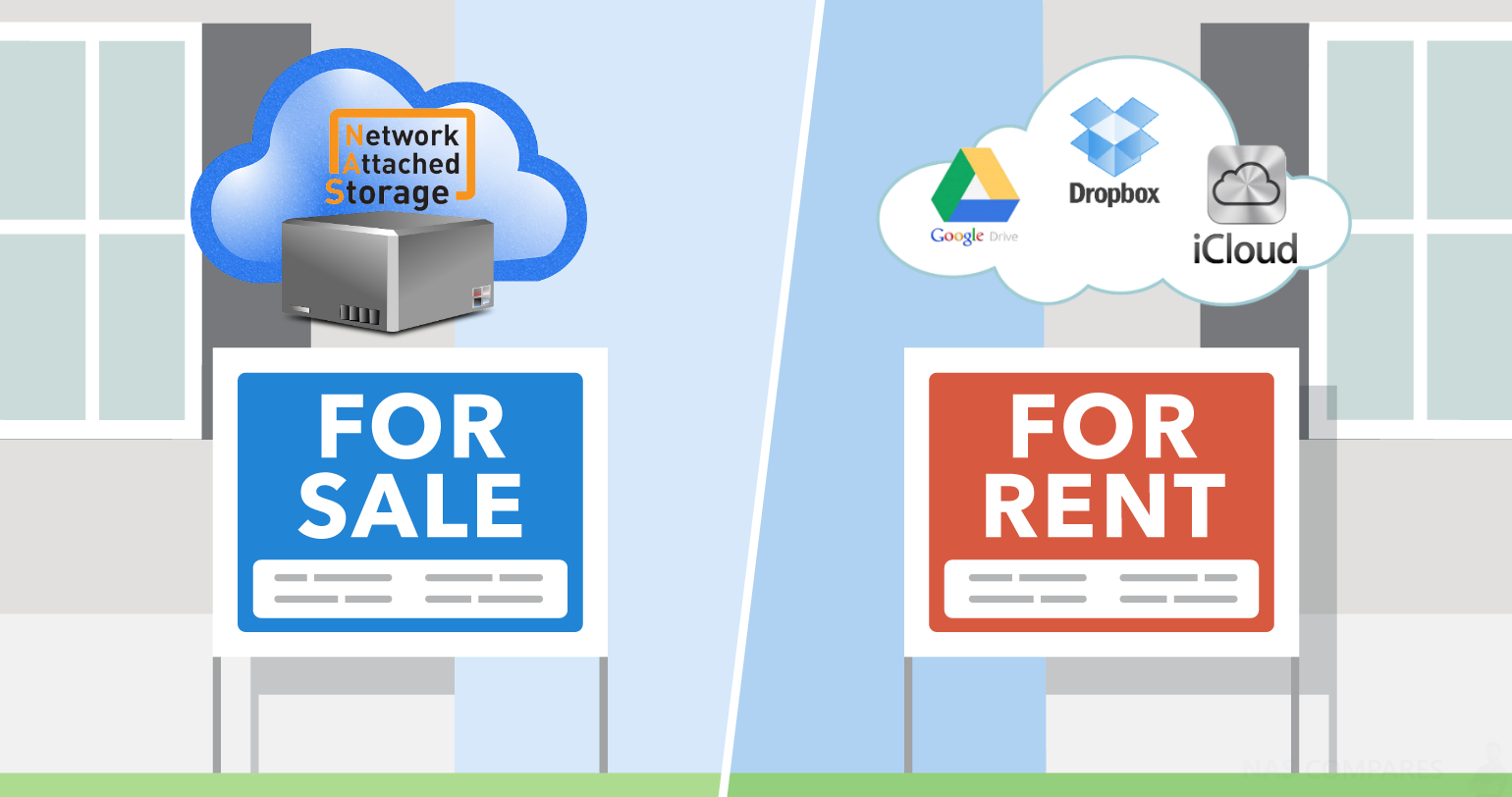
Think of it as renting an apartment compared with buying your own house. Sure, renting is much cheaper in the short term and is quicker and easier to enter into – but limits on decoration, on what you can/can’t do, as well as after a few years having spent tens of thousands of pounds – and not having anything to show for it! Plus, if you quit the rental apartment, you have to live somewhere! So you either rent again, or try to save for a house to buy, all the while paying rent! Choosing between a NAS Drive and a Elephant Drive Subscription is like this – there is a place for ‘renting’ online storage, but the smart man will buy their storage for themselves!
Best NAS for Mac
If you are a Mac user and intend to use the NAS for backing up via Apple Time Machine, using a Plex Media Server, Surveillance, DLNA, an iTunes server, or more Enterprise functionality such as web hosting and 10gbe video editing, then I would recommend that you purchase a Synology NAS as the user interface and software is geared much closer to that of the Mac user interface. Likewise, the build and attitude to software are much more attuned to Mac users, who want something that works immediately and you can setup and forget.
Look up the Best Price for your NAS Here:
Best NAS for Windows
If you are a Windows user, I would recommend the QNAP range of NAS server devices, as these have more impressive hardware and the slightly more technical information is available straight away. This means that you can be more creative or bespoke with your NAS setup and in many cases, create a much superior setup then you would find in the Synology NAS and it’s more restricted and limiting build. It is worth mentioning that for business users who want to use the very familiar Windows platform, file system and integrate their existing windows server over to the NAS, should consider WSS 2016 NAS from Buffalo. It is easily the best value+power solution for this right now. Where is a PC Gamer has the option of upgrading many parts of the system and are traditionally much more knowledgeable on their hardware, therefore demand more from the software in terms of graphics frames per second and more. As a result is PC gamers end up paying less for their systems over time, but have more work typically to do with running applications. Also, often due to incompatibility and multiple firmware patches regarding stability problems from time to time if they don’t know what they’re doing (cough…QNAP).
Look up the Best Price for your NAS Here:
Best NAS for Mobile Android and iOS users
Android users can pretty much use QNAP, Synology or Asustor NAS, as these brands arrive with LOADS of mobile apps from the iTunes or Google Play store. These applications cover every aspect of the running of your NAS and all the different NAS tasks. I would mention that the QNAP and Asustor Apps give you much more control of the contents of the NAS (file management), whereas the Synology apps are much more in the theme of fast file retrieval, cataloguing and keeping it easy/simple.
Look up the Best Price for your NAS Here:
📧 SUBSCRIBE TO OUR NEWSLETTER 🔔
🔒 Join Inner Circle
This description contains links to Amazon. These links will take you to some of the products mentioned in today's content. As an Amazon Associate, I earn from qualifying purchases. Visit the NASCompares Deal Finder to find the best place to buy this device in your region, based on Service, Support and Reputation - Just Search for your NAS Drive in the Box Below
Need Advice on Data Storage from an Expert?
Finally, for free advice about your setup, just leave a message in the comments below here at NASCompares.com and we will get back to you.
 Need Help?
Need Help?
Where possible (and where appropriate) please provide as much information about your requirements, as then I can arrange the best answer and solution to your needs. Do not worry about your e-mail address being required, it will NOT be used in a mailing list and will NOT be used in any way other than to respond to your enquiry.
 TRY CHAT
Terms and Conditions
TRY CHAT
Terms and Conditions
If you like this service, please consider supporting us.
We use affiliate links on the blog allowing NAScompares information and advice service to be free of charge to you.Anything you purchase on the day you click on our links will generate a small commission which isused to run the website. Here is a link for Amazon and B&H.You can also get me a ☕ Ko-fi or old school Paypal. Thanks!To find out more about how to support this advice service check HEREIf you need to fix or configure a NAS, check Fiver
Have you thought about helping others with your knowledge? Find Instructions Here
Or support us by using our affiliate links on Amazon UK and Amazon US
Alternatively, why not ask me on the
ASK NASCompares forum, by clicking the button below. This is a community hub that serves as a place that I can answer your question, chew the fat, share new release information and even get corrections posted. I will always get around to answering ALL queries, but as a one-man operation, I cannot promise speed! So by sharing your query in the
ASK NASCompares section below, you can get a better range of solutions and suggestions, alongside my own.
This description contains links to Amazon. These links will take you to some of the products mentioned in today’s video. As an Amazon Associate, I earn from qualifying purchases


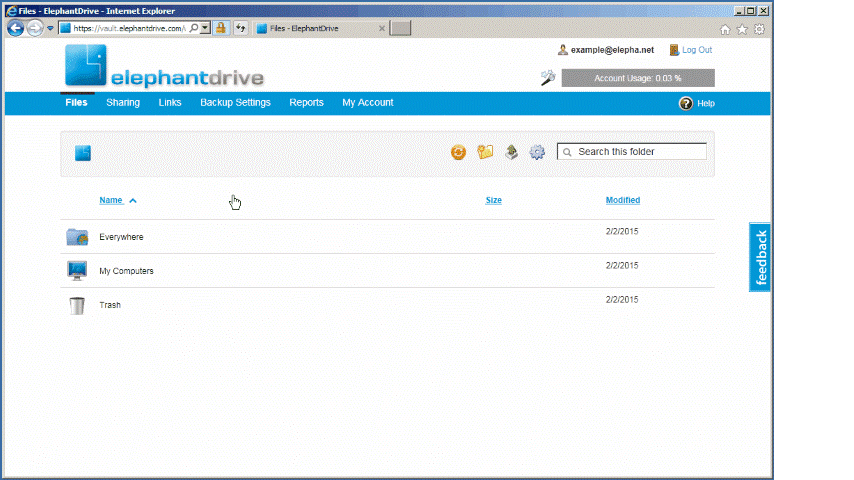
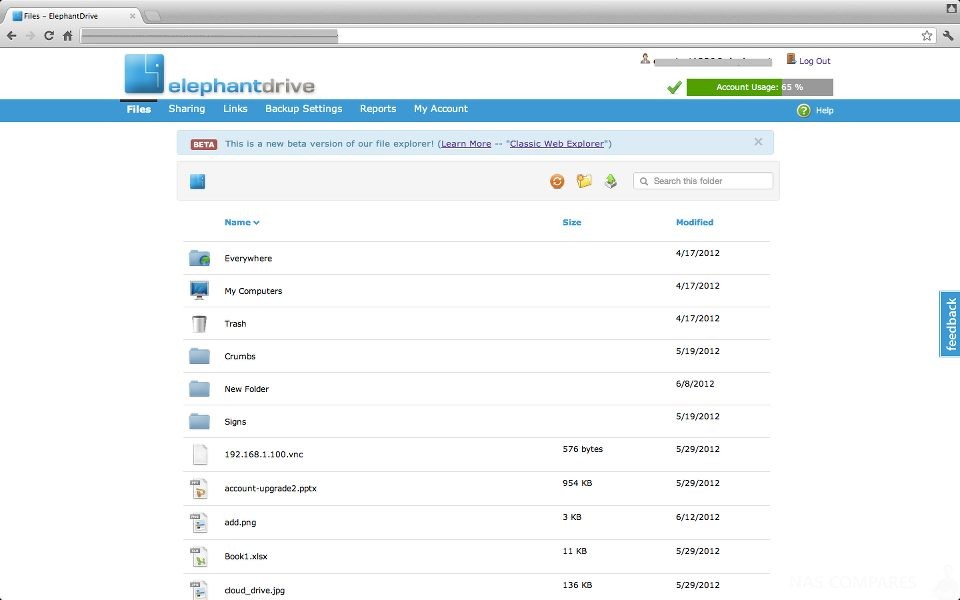
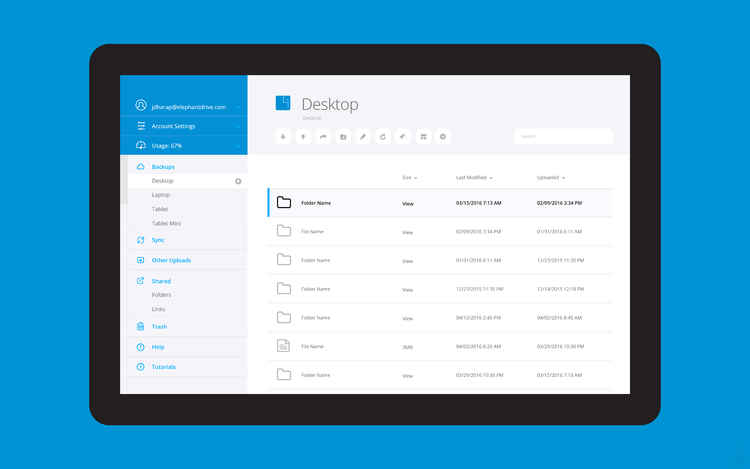
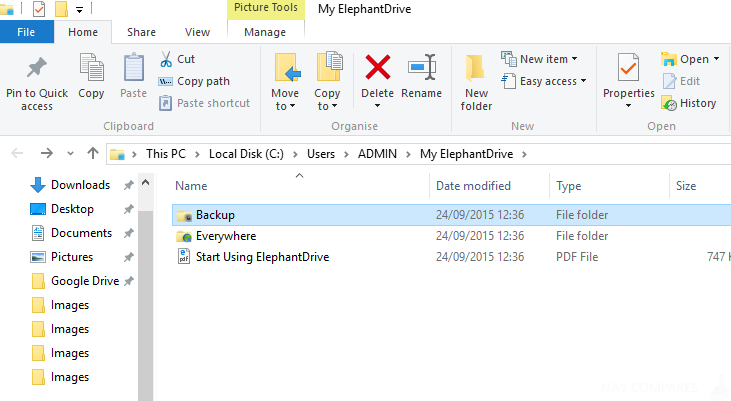





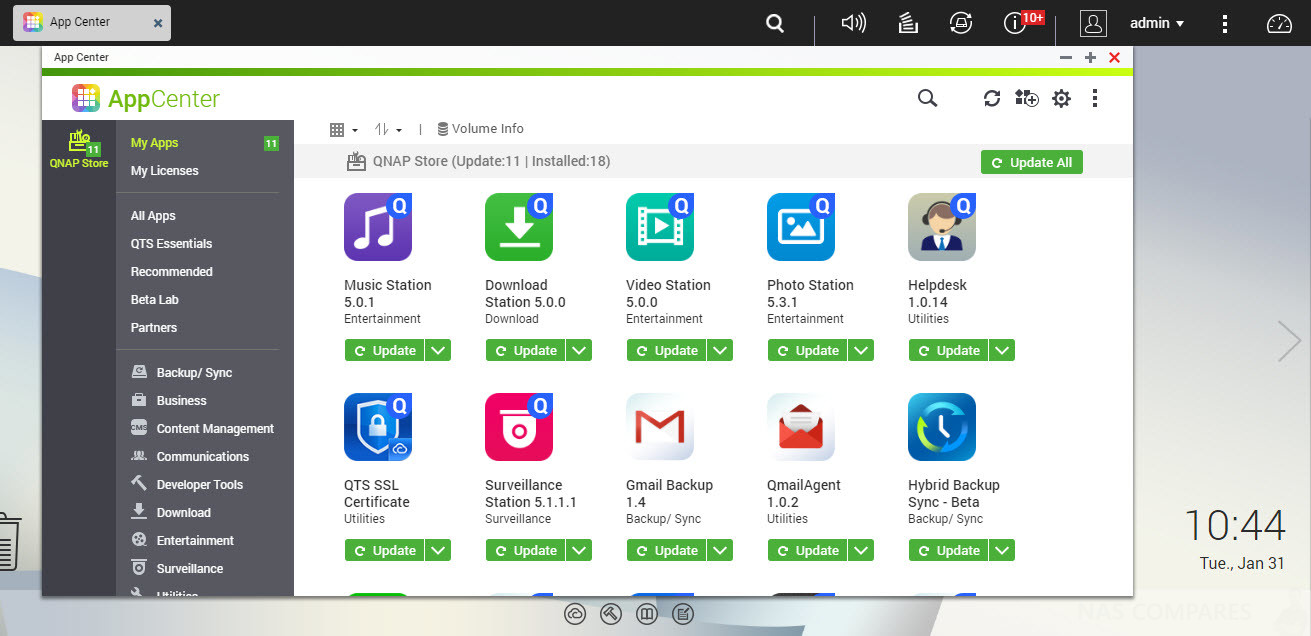
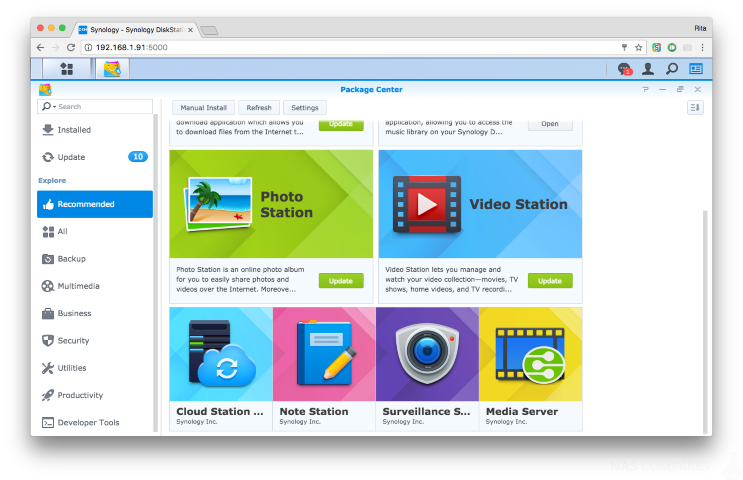


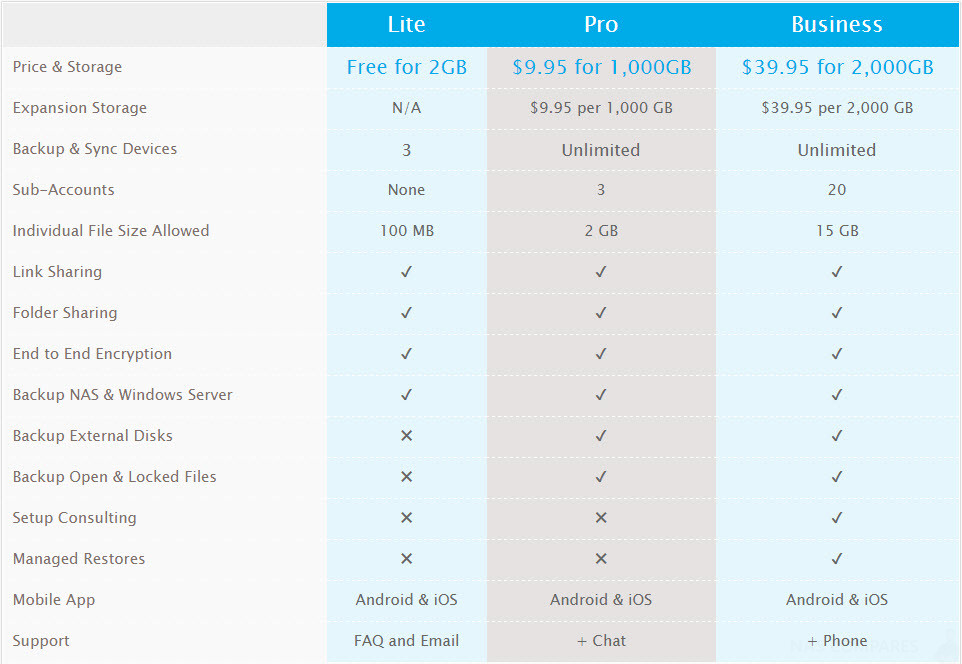


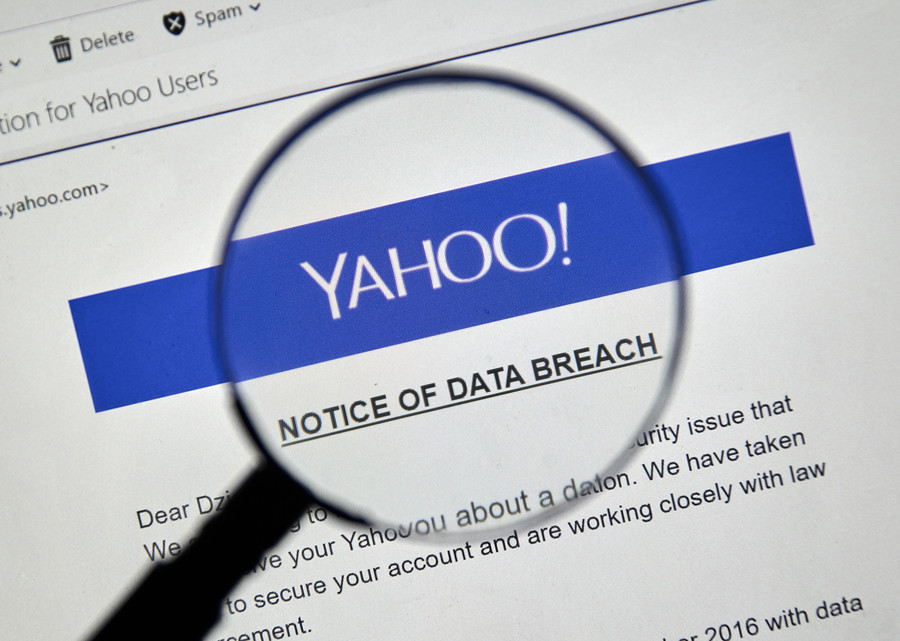

 Need Help?
Where possible (and where appropriate) please provide as much information about your requirements, as then I can arrange the best answer and solution to your needs. Do not worry about your e-mail address being required, it will NOT be used in a mailing list and will NOT be used in any way other than to respond to your enquiry.
Need Help?
Where possible (and where appropriate) please provide as much information about your requirements, as then I can arrange the best answer and solution to your needs. Do not worry about your e-mail address being required, it will NOT be used in a mailing list and will NOT be used in any way other than to respond to your enquiry.




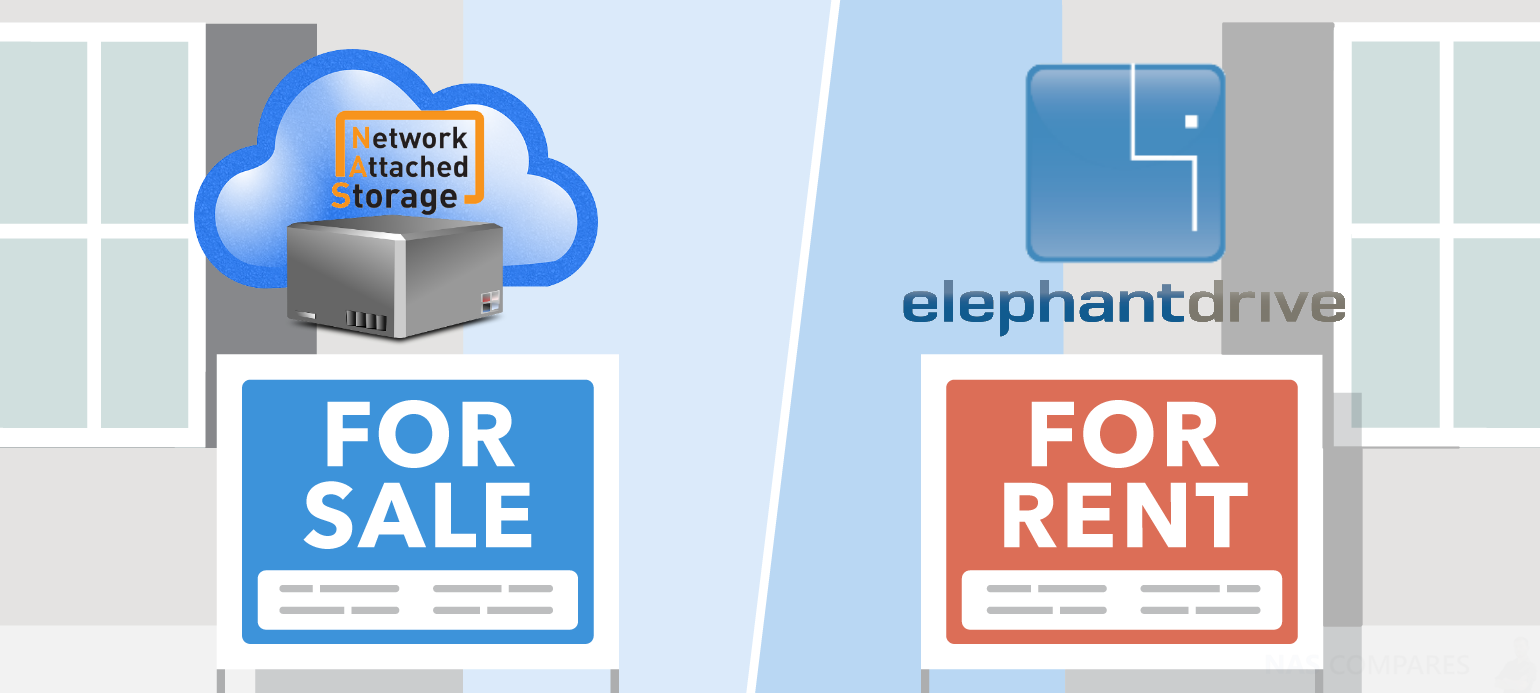
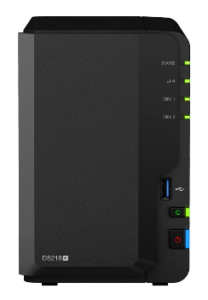
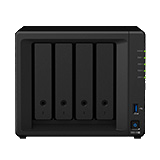
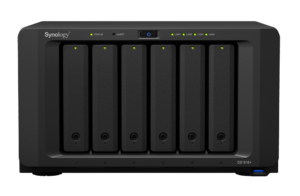
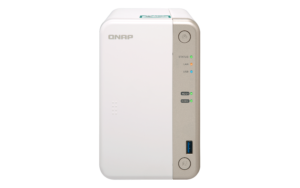
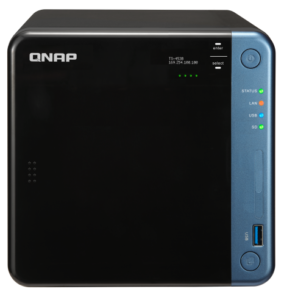
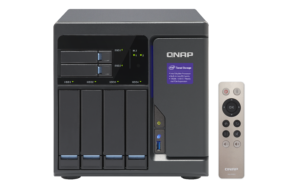
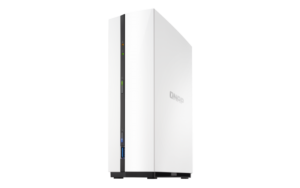
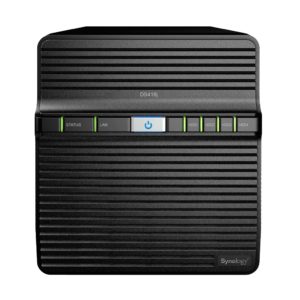
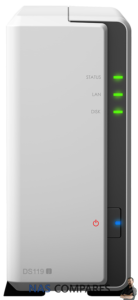



Hello, I need your recommendation on which product to get. I currently use the Google Photos app and have been paying $9.99 a month for the past few years, but I’d like to have a home NAS system that has the intelligence of Google Photos and can automatically back up photos and videos from any device. Thanks for your help and great video!
REPLY ON YOUTUBE
Thank you for your video. It really helps for non tech users like myself. I am deciding between iCloud and a NAS. Concerning the cost, however, when will I have to replace the NAS itself (5 years, 10 years)? When should I replace the drives (5 years, 10 years)? When I add these to the mix, is the NAS still cheaper?
REPLY ON YOUTUBE
????
REPLY ON YOUTUBE
I store encrypted data in the cloud for offsite backup.
REPLY ON YOUTUBE
And what will happen with the NAS if you have a disaster at home like a fire or flood ?. Or a burglary ?
The data in the Cloud is stored in very secure Data Centers and in several different locations.
REPLY ON YOUTUBE
One thing you must mention is NAS replacement. I had a mirrored pair of disks in a QNAP. A couple of years outside of warranty, the controller corrupted both drives in one go. Yes, you might say it is rare, but for me I lost a few years of very memorable family holiday photos and videos. I was gutted. I sent the drives to be forensically recovered, but could not afford to £2500 they wanted. Still have the drives. My recommendation, don’t go cheap if the data means a lot to you!!
REPLY ON YOUTUBE
all about is speed, i tried syno drive and share to my clients the speed the see the photos in syno drive mobile app is just not fast as google drive, maybe i set the client to log in by quick connect, but i dont really know how how speed different between quick connect and ddns
REPLY ON YOUTUBE
Bro rly hates the clouds ????????
REPLY ON YOUTUBE
Thank you for the great video and I agree. I mostly use the data myself, but how would you go about sharing files with the outside world the one or two times per month you do need to? (i’d want to keep it behind the firewall most of the time)
REPLY ON YOUTUBE
NAS is going to be cheaper than cloud if you consider for long run
REPLY ON YOUTUBE
Cloud doesn’t need gazillions of youtube videos explaining it, it just works.
REPLY ON YOUTUBE
Some counter points for you! I just looked into the cost of my cheap 2 bay Synology NAS. It’s not pennies a month! It’s about £50 a year assuming that it’s idle and running 24/7 (I measured it at 20W and I’m paying almost 30p per kWh). I could get a single drive but I’ve had a hard drive fail before so I at least need two drives (which never spin down because the hibernation option just doesn’t work – I have tried contacting support). My main usage is photo backup and storage and a few spreadsheets and documents. 100GB from Google is enough for me at £18 a year. If I share a photo with my friends, they are downloading at their ISP download rate. If I share it from my NAS they are downloading at my much slower ISP upload rate. And the photo editing is nice and simple to use for my snapshots.
Of course, my photos are compressed so I’ve gone for both in the end! The NAS turns on once a week and the phone uploads pictures to it.
Almost not worth having a NAS you might say – true – perhaps a bit of a luxury for my usage. There are a few other things I stash on there mind as yes, I don’t totally trust the cloud to be my one and only storage. That’s the nice thing about Dropbox though – it’s also on your local drive(s).
REPLY ON YOUTUBE
I used to have a Qnap NAS between 2012 and 2018. But since I stopped watching illegal content and it just being there for storage / backup, when it was time to replace it I decided to work with just cloud. So I have 50GB iCloud, dirt cheap and I have an iphone and we have 2 ipads. So that’s fine. But I also have 29GB stored in my OneDrive. These are all photo’s including photos from my daughter in her first 4 years. Now I’ve heard multiple stories about users losing access to their Microsoft accounts, also due to false flags on their photos, and lost everything. That’s the reason I’m now considering going back to a NAS for home. I just want to figure out if I can somehow can make my iCloud sync with a NAS.
REPLY ON YOUTUBE
Wow, that opening rant about file deletion became relevant recently, with Google Drive users reporting vanished files and folders and files on Dropbox that had been deleted suddenly reappearing.
REPLY ON YOUTUBE
I Must understand ⚠ > What will my experience be like if I wanna have a Cloud backup of my Laptop while I travel Europe and my NAS is located in a country in the middle east? Say, 2-3 hour time zone difference of a distance. Will everything be a slow experience because of the distance? Even if both ends will have a decent internet connection?
I understood Cloud services like Google Drive/Dropbox – have servers all over the world- so I will have a fast connection to upload/download files to and from it.
But, I didn’t see one video of a NAS user talking about traveling and backing up files from abroad.
Help…………..?!
REPLY ON YOUTUBE
What you’re saying make total sense, great rant. I have some basic external drives for bulky files and videos, some small cloud storage for copies of extra important data and archives, precious photos and videos and files i need from multiple devices or need to share. Will look into a Nas when I have bigger needs and the prices come down, or if theres a batch of cheap second hand ones that are on discount.
REPLY ON YOUTUBE
10:02 Cloud providers be like: “all you had to do was to follow the damn train” xD
REPLY ON YOUTUBE
The good thing is there’s very few reason to to have both.
REPLY ON YOUTUBE
Excellent info as always.
REPLY ON YOUTUBE
I absolutely 100% do not believe our data is deleted off the servers of cloud storage when we delete it. I’m sure if someone wanted it it could be recovered. I won’t upload my stuff to the cloud unless it’s encrypted before uploading.
REPLY ON YOUTUBE
In the last year I had a couple GB encrypted backup file I had on google drive that just disappeared one day. I couldn’t track what happened to it. No indication who deleted it or where it went. No logs. No indication my account was hacked and I use two factor identification. That really made me Leary. Not only was I always concerned about them looking at my info, some one stealing my info, or google just deciding one day they don’t like me and they aren’t gonna let me have my data back, but either it’s a glitch in the system or the latter is true.
REPLY ON YOUTUBE
6:28 not a fair comparison. You’re basically comparing local networking with internet infrastructure. If running private cloud storage such as Nextcloud etc then it’s also going to be limited by your internet plan’s upload caps (which for the average home user is anywhere from 15-40mbps). Edit: ‘Cloud’, whether retail or private hosting, is about offering remote access features that aren’t comparable to local-only NAS.
REPLY ON YOUTUBE
I would like to see adobe build an app for synology and qnap so there is a way to auto sort and setup projects and view and share them and sync them.
REPLY ON YOUTUBE
OK … if you use the NAS as the primary local file server with 1 or 2 drive parity redundancy, and you have a secondary local save device as 1st backup, and an off site moms closet type 2nd backup that you update once every 3 months or whatever … the cloud is still a lovely place for a 3rd backup for mission critical files only once a week. Idea being; There is no ‘better’ but it IS ‘smart’ to use both local NAS and cloud use intelligently.
REPLY ON YOUTUBE
I totally agree and I love the barely contained passion. Only thing I would add is that one really big advantage of cloud is that if your house catches fire, gets robbed or gets nuked in a freak accidental missile launch all your data are belong to the ether. If its in the cloud and that datacenter goes away they will have a backup somewhere. Personally I have a tiered approach, lots and lots of live data in my garage (not attached to my house), there is a backup and a “coldstore” there as well, inside my house I have a secondary backup of the live data, and in the cloud I have all my really important stuff (documents, photos, etc). The stuff in the cloud is encrypted BEFORE it is sent to the cloud with encryption keys that only I have. Is all that a pain to manage? – Yes, is it normal? No, Am I an IT pro with access to very expensive pro tools to automate all that for me? Yes.
REPLY ON YOUTUBE
Totally agree about speed there is no comparison at all for the money. Unless you have access to some serious money for a 10 GB line.
REPLY ON YOUTUBE
such a great channel ! learning so much from you thanks
REPLY ON YOUTUBE
I think there is only one real downside of buying a NAS instead of hosting your data: the chance of a catastrophic failure with a NAS is (slightly) higher compared to hosting your data in the cloud. You need at least one backup NAS to protect your data better, which is not included in the price example your gave in the video.
REPLY ON YOUTUBE
Just pledged to buy my first NAS the Zimacube Pro but won’t get it until March 2024 if it all goes ahead???? any tips on what else I can use a NAS for bar my 15TB media collection?
REPLY ON YOUTUBE
One thing to consider. A lot of corporate firewalls will not let a private server through. I have one major client where even Dropbox’s an issue. Fortunately some personnel have Dropbox privileges, but there is no way they could access a private server like a QNAP or Synology.
REPLY ON YOUTUBE
0:10: ???? This video discusses why NAS is always better than Cloud.
4:09: ???? Data compression in cloud storage can lead to uncertainty and potential loss of original file quality.
7:43: ???? Internet speeds are improving rapidly, but local network attached storage devices offer much faster and more affordable speeds than internet-connected cloud drives.
11:35: ! NAS provides more control and security compared to cloud storage.
15:45: ???? Using cloud storage may be convenient in the short term, but it can be costly in the long term.
Recap by Tammy AI
REPLY ON YOUTUBE
You know you are making the age old argument… Own or rent…. Independence or dependence…. Complete control or very limited control.
The one thing I noticed you didn’t cover. Possession is 9/10ths of the law. If your data is not on hardware YOU OWN….. you do not own that data.
If you put data on a free data storage you give up your rights to copyright. AND even you do… if you have something they want…. they will just take it.
(see you in court and they have better lawyers)
REPLY ON YOUTUBE
I remember there is limit on Google drive for about 750 GB upload per day per account
REPLY ON YOUTUBE
Always going to be better than cloud ? Theres no proper replacement for google photos. nas is an alternative but better is questionable.
REPLY ON YOUTUBE
I’m surprised more attention isn’t given to use of a personal VPN that is based in your router/firewall rather than in the NAS itself. There’s no need to expose the NAS and its OS directly to the Internet; let your router do the job, using a well-documented protocol and software, and let your NAS do the job it does best. Two layers of authentication with the option of different user IDs, certificates (at both ends), passwords, encryption keys, and so on…
REPLY ON YOUTUBE
I have an absolute distrust of the cloud with respect to data security.
REPLY ON YOUTUBE
Lossless compression doesn’t alter your data at all(can be infinitely compressed and decompressed and should be identical each time), some cloud image/video storage usually use lossy compression thats why files you mentioned could’ve changed.
REPLY ON YOUTUBE
15:01
This argument is bad. You don’t have backup if you use 1 bay nas anyway.
REPLY ON YOUTUBE
Thks & FYI InnoDisk EGPL-T101 Review – Bringing 10GbE to an M.2 Form Factor ($550 though) https://www.youtube.com/watch?v=vt6VrjY2BfY
REPLY ON YOUTUBE
I won’t go remote storage for security reasons, always inflating prices with receiving less for whats being inflated (Notice Netflix prices anyone? And that’s not even OUR storage!), and just the whole idea of what happens when the service shuts down. Then what? Starting all over again pushing data to a new site.
REPLY ON YOUTUBE
yes and no
1- cloud pro:
– access from everywhere
– convenience
– usually everybody can set it up – it is just an app on the phone and/or www on the computer
– it is cheaper overall for average user and usually “set up and forget”
– no need for vpn etc
– often comes with value added, i.e. Microsoft Office 365 is 6x Office account + 6x 1TB space that one can use all togehter
2- cloud con:
– I am sharing my data with the provider – like it or not (unless we talk encrypted on server which is happening in 0.5% of the users)
– more expensive if we ge beyond “normal” usage i.e. back your documents and/or pictures from the phone
3- nas pro:
– mine but usually that would mean: no connection to internet – really? today?
– cheaper if you go beyond usual amount of data
4- nas con:
– configuration pain
– fixed IP would be advantage if you want to expose it for your services when you are out of the house
– VPN thingis
– one time cost (mine was 1k GPB for about 12TB storage)
– Nextcloud IS NOT OneDrive and never will be (as much as I tried it is far from there)
– you need to ensure your home server is always online – single point of failure is your ISP/electricity/etc
5- ideal solution:
– some services for convenience on the cloud
– local NAS for services that require more space
– local NAS as backup of your cloud data
– somewhere else the backup of your NAS 😉 (RAID is NOT a backup)
what did I forget?
oh, pleasure for the morons like me to build the NAS 😉
but that does NOT mean my NAS replaced in 100% some cloud services
REPLY ON YOUTUBE
One more thing to think about with cloud storage is what if they deem your content doesn’t fit within their guidelines all of a sudden you lose access to not just photos, but absolutely everything. There have been some horror stories about families that have lost all their content because a cloud service deemed it inappropriate.
REPLY ON YOUTUBE
One more thing to think about with cloud storage is what if they deem your content doesn’t fit within their guidelines all of a sudden you lose access to not just photos, but absolutely everything. There have been some horror stories about families that have lost all their content because a cloud service deemed it inappropriate.
REPLY ON YOUTUBE
Recently purchased a DS223 and a cheap 1Tb SSD and ditched Dropbox for Synology Drive.
REPLY ON YOUTUBE
Recently purchased a DS223 and a cheap 1Tb SSD and ditched Dropbox for Synology Drive.
REPLY ON YOUTUBE
Thanks for this. I have a home severer with about 90TB of storage and completely forgot I have 2 cloud sefvices I’m paying for every month. Cost a fortune for no reason. Casncelled both after watching your video and had a check. More money in the bank for me ????
REPLY ON YOUTUBE
Thanks for this. I have a home severer with about 90TB of storage and completely forgot I have 2 cloud sefvices I’m paying for every month. Cost a fortune for no reason. Casncelled both after watching your video and had a check. More money in the bank for me ????
REPLY ON YOUTUBE
$120 a year for 2TB? Pass. ????
My DIY NAS has a total of 12TB storage capacity (4TB pair mirrored & 8TB pair mirrored), with a little over 4TB used. About 2.3TB of that in TV shows and movies. I’m still ripping my DVD collection to put all my movies on the NAS. I can’t imagine what that would cost me in cloud storage per year.
REPLY ON YOUTUBE
$120 a year for 2TB? Pass. ????
My DIY NAS has a total of 12TB storage capacity (4TB pair mirrored & 8TB pair mirrored), with a little over 4TB used. About 2.3TB of that in TV shows and movies. I’m still ripping my DVD collection to put all my movies on the NAS. I can’t imagine what that would cost me in cloud storage per year.
REPLY ON YOUTUBE
I think for home usage your are 100% correct. For companies I think you are missing many important considerations, above all the need to have on staff someone that can manage a NAS, while buying a service has a much lower barrier. In that sense if cost includes labor, then it is not cheaper than cloud services.
REPLY ON YOUTUBE
I think for home usage your are 100% correct. For companies I think you are missing many important considerations, above all the need to have on staff someone that can manage a NAS, while buying a service has a much lower barrier. In that sense if cost includes labor, then it is not cheaper than cloud services.
REPLY ON YOUTUBE
Maybe i am lucky but I pay for 1g/1g internet and I do get it when I do speedtests I usually get about 1100/950. Now i do have a 10g internal backbone so that probably helps.
REPLY ON YOUTUBE
Maybe i am lucky but I pay for 1g/1g internet and I do get it when I do speedtests I usually get about 1100/950. Now i do have a 10g internal backbone so that probably helps.
REPLY ON YOUTUBE
I’m already a convert but this video really needs a Part 2. Once you are able to connect to your NAS remotely, how exactly do you access your files ? FTP / SFTP or ??? I recently experimented with SyncThing ( it’s free ) and it’s brilliant. You can be more selective about which folders to sync than with OneDrive and it’s extremely fast. It does take some getting used to though. I have it running on my Synology NAS and my Windows desktop and laptop.
REPLY ON YOUTUBE
I’m already a convert but this video really needs a Part 2. Once you are able to connect to your NAS remotely, how exactly do you access your files ? FTP / SFTP or ??? I recently experimented with SyncThing ( it’s free ) and it’s brilliant. You can be more selective about which folders to sync than with OneDrive and it’s extremely fast. It does take some getting used to though. I have it running on my Synology NAS and my Windows desktop and laptop.
REPLY ON YOUTUBE
Nice!
REPLY ON YOUTUBE
Nice!
REPLY ON YOUTUBE
Have you tried hash a file then uploading to the cloud storage then downloading it and compare the hash key?
The other advantage of a nas is that you can have a Power Schedule setup so it’s not running 24/7 unlike the cloud.
REPLY ON YOUTUBE
I would add;
With cloud you are never ever guaranteed that your privacy is 100% secured, not being investigated, monitored or eves-dropped upon.
With cloud you often have to look into the T&C about GDPR, security, privacy, data-ownership, transportability and so on.
Cloud does not offer cold-storage (read: store your data on a NAS and turn that NAS off as a 100% secured backup) unless you pay for that extra service.
Cloud is convenience but at a price. (literally).
I dare you, as I’m using NAS since 2002 hosting close to 5PB, name me one cloud provider that exists that long without interruption, taken-over and was/still is available etc.
We still are using those (older) NAS machines from 2002, great as an instant cold storage etc etc.
I see cloud as a subscription, licensing, as long as you are paying good money for it, it is all great.
It is the moment of truth, when you want more, move data, expand or chance things, cloud services can become a challenge and sometimes even a hurdle.
It is up to the person to judge what outweighs what to prefer cloud against NAS.
REPLY ON YOUTUBE